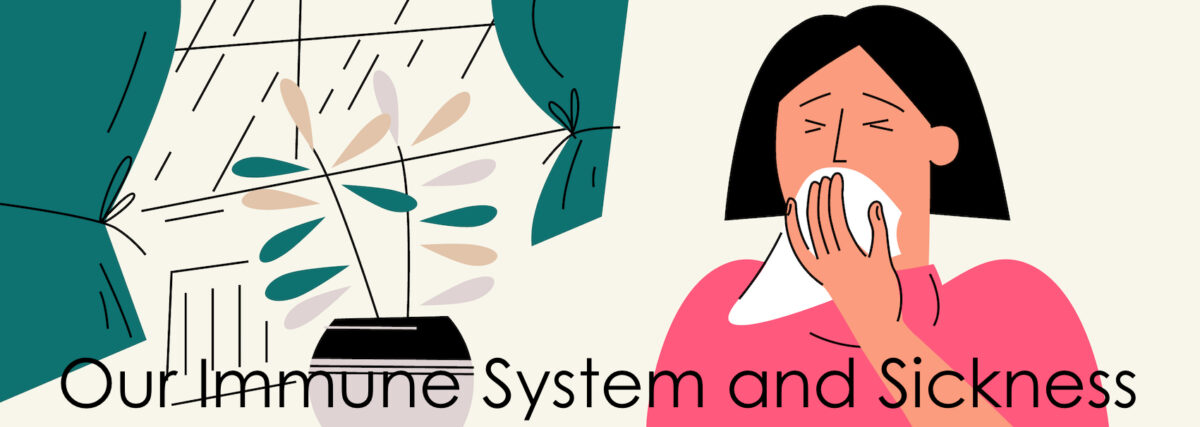Todays post is about Cortisol and stress.
I have been reading an interesting book called ‘The Cortisol Connection’. It is about how stress and the hormone ‘Cortisol’ affect our health.
I thought I would share with you some of what I have learned.
Firstly, what is Cortisol?
Cortisol is a hormone produced by the adrenal glands, which are located near the kidneys. It’s the body’s primary stress hormone and works with certain parts of our brain to control mood, motivation, and fear.
It’s best known for preparing the body’s “fight-or-flight” instinct in a crisis. However cortisol also plays a vital role in a range of other bodily functions.
- Manages how the body uses carbohydrates, fats, and proteins
- Regulates blood pressure
- Increases blood sugar (glucose)
- Controls sleep/wake cycle
- Boosts energy so that the body can handle stress and restores balance afterward
We have cortisol receptors in most of the cells in our body. These receptors receive and use the hormone in several ways. When the body is on high alert, cortisol can alter or shut down functions that get in the way. These might include the digestive or reproductive systems, the immune system, or even growth processes.
These functions of cortisol are very beneficial, but only for a short period of time, in very specific situations.
Then there’s Stress
Now for all of us, living in the twenty-first century brings with it a certain amount of unavoidable stress. This can mean that, sometimes, our cortisol levels can get out of balance.
In an ideal world, after the pressure or danger has passed, the body’s cortisol level should calm down. This means that the heart rate, blood pressure, and other systems will get back to normal.
But what if you’re under constant stress and the alarm button stays on?
Too Much Cortisol
Too much cortisol can derail the body’s most important functions. It can also cause a variety of health problems.
- Anxiety and depression
- Headaches
- Memory and concentration issues
- Problems with digestion
- Trouble sleeping
- Increased appetite and weight gain
- Elevated cholesterol levels and blood pressure
- Reduced sex drive
When the body is continually subjected to regular stress, this will lead to increased cortisol levels. The subsequent health problems will then create additional stress for the individual and a vicious cycle is created.
It’s about balance.
We have all heard this many times and some of us are lucky enough to get the balance just right. However it’s now scientific fact.
Stress researchers have proven that the best way of managing stress is to eat right, exercise regularly and get enough sleep.
Eat right – The scientists support what many of our grandparents have said. Eat a good blend of carbohydrates, proteins and fats, including 5 serves of fresh fruit and vegetables. In other words, a little of everything, but without the high processed ‘fast foods’.
Exercise regularly – This translates to ‘a small amount of exercise on a daily basis’, such as walking whenever possible and using the stairs. The small sessions of exercise help the body to use the energy provided by the cortisol and then calm down. Simulating a sort of a mini ‘fight or flight’ scenario.
Enough sleep – Researchers found that too little sleep heightens the stress response and keeps cortisol levels elevated. Participants who got 8 hours of sleep for a week kept cortisol levels in the normal range.
The Australian National Sleep Foundation recommends between 6 to 10 hours of sleep for adults 26-64.
We are all living with a certain amount of stress every day and it’s important to our health that we find our own balance.
Till the next post,
Live clean n prosper



